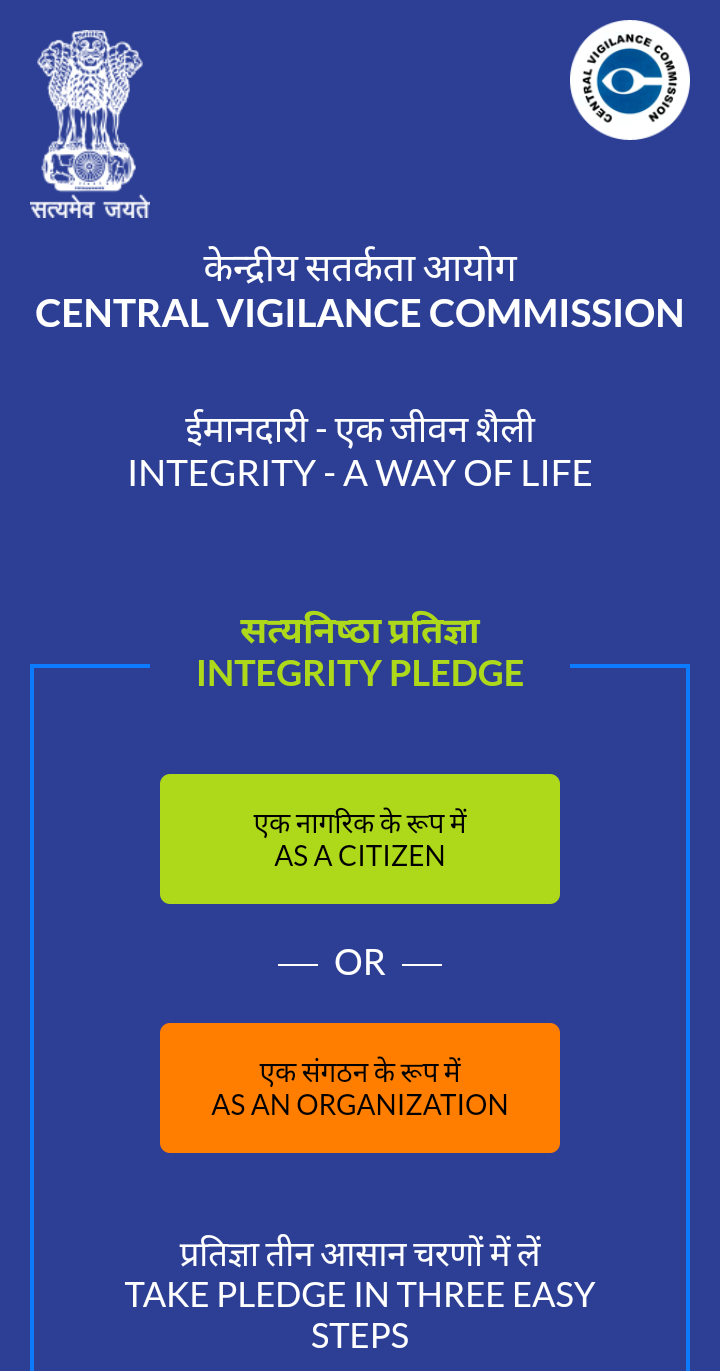The Central Institute of Indian Languages, Mysuru has established seven Regional Language
Centres with a goal of training school teachers in a second language and thereby
contribute to the implementation of three-language formula and national integration. These
Regional Centres offer a 10-month Diploma in Language Education in second language for
about 5 decades usually from July to April every year. It involves 1085 hours of effective
language instruction and learning. The total intake of this residential programme is 506.
Eligibility and Essential Qualifications:
General:
i. The applicant should not have any formal degree, native/nativised proficiency or informal
knowledge in the language applied for.
ii. The applicants should not have been trained in any of the languages at the Regional
Language Centres or have discontinued or have been terminated from the RLCs.
iii. The applicants can select a language from the list provided in Table 1.
iv. The applicants should select the language they want to learn carefully as change in the
language choice is not permissible after joining the course.
v. Preference of language should be clearly mentioned in the application. Otherwise, seats
will be allotted according to the vacancies available in the Regional Language Centres.
vi. The applicants opting for Urdu language should clearly specify the name of the Regional
Language Centre viz., NRLC, Patiala / UTRC, Lucknow / UTRC, Solan otherwise the
seats will be allotted according to the vacancies available in the three Regional Language
Centres.
vii. If a candidate is selected in a particular year and if they have not reported to the language
training, their candidature will not be considered for next 3 years.
viii. He/she must be below 45 years of age as on 1st July 2020. Age relaxation will be given
only for In-service Teachers at the discretion of the selection committee
ix. It should be noted that English, Hindi and Sanskrit languages are not taught in the 10-
month Diploma in Language Education.
Specific:
The 10-month Diploma course in Language Education is meant primarily for in-service
teachers. The applicants should preferably be a regular faculty; if temporary, the applicant
must produce a certificate that she/he is likely to continue in the same position/profession.
However, depending on the availability of seats, admission will also be provided to applicants
who are either prospective-teachers or general public. The essential qualifications for all the
three categories are given below:
a) In-service Teachers
i. A Bachelor’s degree or equivalent with a minimum of three years teaching experience in a
High school (from VI to X standard) in Government/Fully Government-aided schools.
ii. Applicants having an equivalent qualification to M.A in any of the scheduled Indian
languages must produce a “Qualification Equivalent Certificate” from DEO.
b) For Prospective Teachers/Research Scholars
i. A Bachelors or Masters degree in Education (B.Ed./M.Ed) or
ii. Ph.D completed or Ph.D pursuing scholars or
iii. NET/SET/SLET/TET qualified candidates
c) For General Public
i. A Bachelor’s degree from a recognised university or
ii. M.Phil Degree from a recognised university or
iii. A Diploma from a recognised university
Note: Those pursuing regular courses (M.A./B.Ed./any other) are not eligible to apply
under any of the above categories.











